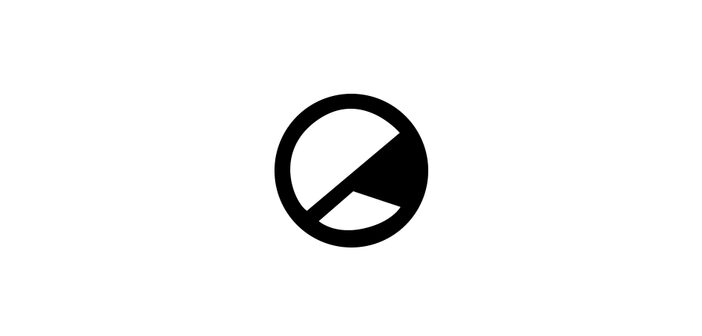Schrader proves himself as a master director once more as he makes the greatest film since The Irishman.
-
10
Although he was already known for his scripts for directors like Martin Scorsese and Brian DePalma, Paul Schrader seems to have been laying the foundations for The Card Counter since the very first film he directed in 1978, Blue Collar. That film details a group of three men who decide that their workers’ union simply isn’t doing enough to look out for them, and plan a heist of their union headquarters out of both motivation for revenge and financial necessity. Whilst Schrader has insisted that he didn’t intend to make a political film but an entertaining one, the implications are clear.
Having been (in my opinion, unfairly) maligned as a director for some time, Schrader made a critical comeback with his 2017 film First Reformed. That film reaches back to Schrader’s older work and to his artistic inspirations – namely taking parts of Taxi Driver, Ingmar Bergman’s Winter Light and Robert Bresson’s Diary of a Country Priest. It was a film wearing its influences very clearly on its sleeve, but it was never ashamed to do so, and it is a phenomenal film that updates the ideas from Bresson and Bergman in a brilliant way (much like the other Oscar Isaac-led drama from this year, the HBO remake of Scenes From a Marriage), placing Ethan Hawke’s Reverend Toller in spiritual struggles with his faith, physical struggles with his health, and emotional struggles with both the implications of the upcoming climate change crises and the loss of his son in Iraq.
This focus on the war in Iraq, a war which Toller calls ‘morally unjustifiable’ and which Oscar Isaac’s William Tell explains as a literal ‘Hell’ in a particularly intense sequence, is maintained in The Card Counter, Schrader’s latest and perhaps even his greatest film. Once again, the Bressonian influence is splattered all over this one – the aspect ratio is very slightly claustrophobic, there is a consistent focus on hands (though where Bresson’s camera watched hands with admiration, Schrader watches the modern hand, constantly holding technology or violence, with a certain fear) and the slower pacing gives the film a classical quality that is generally missing from the majority of modern cinema across the board (yes, including the films of A24 and other similar studios).
Similarly also to First Reformed, this film takes those ideas of some of the greatest cinematic artists of all time and updates them for 21st century American concerns. The fears of the aftermath of the war in the Middle East on American soldiers (not in a problematic way that is ignorant to the suffering caused to Middle Eastern people who didn’t deserve it, thankfully, but actually focused on how American soldiers were tricked by authority into punishing others for no reason other than to alleviate their own personal fears), fears of technology and more importantly their impacts on person-to-person contact in a modern world, etc. The doom is frequently palpable, but where this film dares to go a little further than its spiritual predecessor is with its finale, which culminates in what is absolutely the greatest ending shot of the year, bringing that focus back to hands and their separation via screens.
This is depressive, paranoid cinema at its absolute finest. The slow pacing, Robert Levon Been’s dreary, droning score and Oscar Isaac’s phenomenal leading performance boast the best of what cinema has to offer, as does Alexander Dynan’s gorgeous cinematography. The supporting cast, primarily comprised of Tiffany Haddish, Tye Sheridan and Willem Dafoe, are all wonderful too.
The Card Counter is in cinemas now. Watch the trailer on YouTube below:




